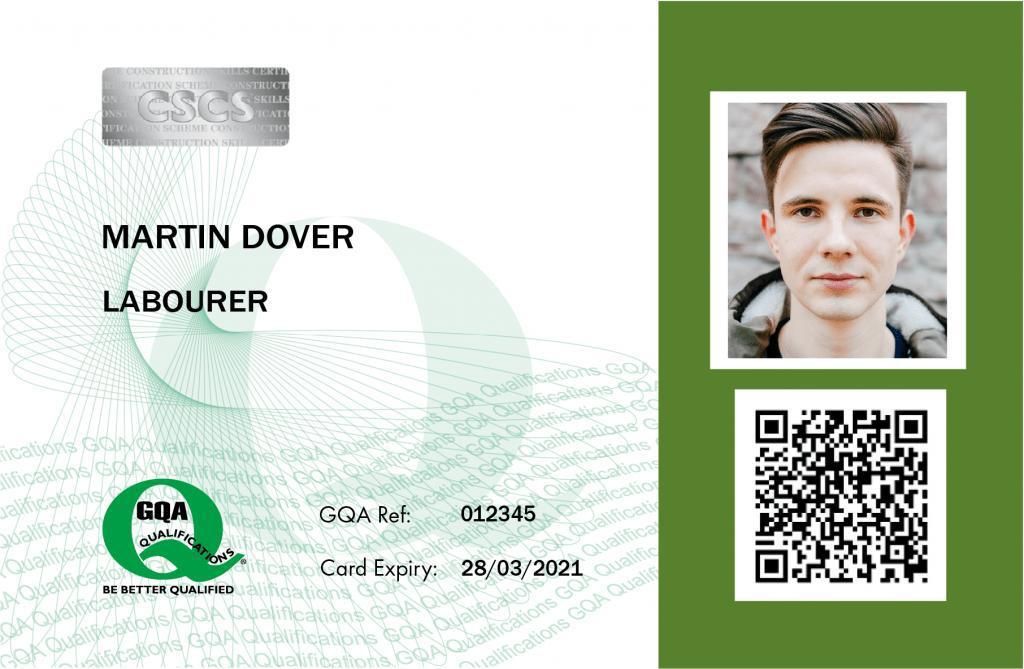
Social Intelligence for Effective Leadership
Course ID: 2506020101365ESH
Course Dates : 02/06/25 Course Duration : 5 Studying Day/s Course Location: London, UK
Language: Bilingual
Course Category: Professional and CPD Training Programs
Course Subcategories: Leadership and Management Excellence
Course Certified By: ESHub CPD & LondonUni - Executive Management Training
* Professional Training and CPD Programs
Leading to:
Executive Diploma Certificate
Leading to:
Executive Mini Masters Certificate
Leading to
Executive Masters Certificate
Certification Will Be Issued From :
From London, United Kingdom
Course Fees: £5,120.30
Vat Not Included in the price. VAT may vary depending on the country where the course or workshop is held.
Click to Pay
Date has passed please contact us Sales@e-s-hub.com
Course Information
Introduction
Social intelligence plays a critical role in effective leadership, influencing how leaders interact with their teams and stakeholders. Unlike emotional intelligence, which focuses on self-awareness and self-regulation, social intelligence emphasizes understanding and navigating the social dynamics within organizational environments. It encompasses the ability to interpret social cues, manage relationships, and engage with diverse groups, all of which are essential for building trust and fostering cooperation. In today's highly collaborative and interdependent workplaces, leaders must develop these competencies to drive organizational success.
The significance of social intelligence in leadership cannot be overstated. Leaders with high social intelligence are able to communicate effectively, resolve conflicts amicably, and inspire their teams to achieve shared goals. This quality is particularly important in global and multicultural environments, where understanding diverse perspectives and managing cross-cultural relationships is vital for maintaining harmony and ensuring productivity. As organizations become more complex and interconnected, the ability to navigate social landscapes with sensitivity and insight has become a competitive advantage.
However, the development of social intelligence is not without its challenges. Leaders often face difficulties in recognizing and adapting to the nuanced social dynamics within their teams. Misunderstanding social cues, failing to build rapport, or neglecting the importance of empathy can hinder a leader's ability to connect with others and maintain effective communication. Furthermore, in the fast-paced, high-pressure environments of today’s corporate world, many leaders struggle to balance the demands of their roles with the need to cultivate meaningful relationships.
Despite these challenges, the benefits of honing social intelligence are considerable. Leaders who are adept in social interactions tend to build stronger, more cohesive teams, leading to improved employee engagement, greater innovation, and enhanced organizational performance. Socially intelligent leaders also possess the ability to manage crises more effectively, maintaining composure and inspiring confidence in their teams during times of uncertainty. By fostering an environment of open communication and mutual respect, these leaders can create a culture of collaboration that promotes both individual and collective success.
Furthermore, social intelligence can significantly enhance a leader’s ability to influence and persuade others. By understanding the needs, emotions, and motivations of different stakeholders, leaders can tailor their messages and approaches to maximize impact. This not only strengthens relationships but also helps leaders navigate complex decision-making processes, ensuring that their actions align with the strategic goals of the organization.
This course aims to equip leaders with the essential skills and strategies required to develop and apply social intelligence effectively. Through a combination of theoretical frameworks and practical exercises, participants will gain the tools needed to assess their social intelligence, improve interpersonal communication, and lead with empathy and confidence. As a result, participants will be better positioned to inspire their teams, resolve conflicts, and enhance overall organizational performance.
Objectives
By attending this course, participants will be able to:
Understand the concept of social intelligence and its relevance to leadership effectiveness.
Develop the skills needed to read social cues and interpret non-verbal communication accurately.
Enhance their ability to build rapport and trust with team members and stakeholders.
Apply strategies for managing conflicts and fostering cooperation in diverse teams.
Improve their ability to influence and persuade others through effective communication.
Cultivate emotional and social awareness to navigate complex organizational dynamics.
Foster a positive organizational culture that encourages collaboration and inclusivity.
Utilize social intelligence to enhance decision-making and strategic thinking.
Who Should Attend?
This course is ideal for:
Senior leaders and executives seeking to enhance their interpersonal and communication skills.
Managers and supervisors responsible for leading diverse teams and fostering collaboration.
HR professionals and team leaders aiming to improve organizational culture and employee engagement.
Professionals in multicultural environments looking to develop their cross-cultural communication and relationship-building capabilities.
Aspiring leaders who wish to improve their leadership effectiveness through enhanced social intelligence.
Training Method
• Pre-assessment
• Live group instruction
• Use of real-world examples, case studies and exercises
• Interactive participation and discussion
• Power point presentation, LCD and flip chart
• Group activities and tests
• Each participant receives a 7” Tablet containing a copy of the presentation, slides and handouts
• Post-assessment
Program Support
This program is supported by:
* Interactive discussions
* Role-play
* Case studies and highlight the techniques available to the participants.
Daily Agenda
Daily Schedule (Monday to Friday)
- 09:00 AM – 10:30 AM Technical Session 1
- 10:30 AM – 12:00 PM Technical Session 2
- 12:00 PM – 01:00 PM Technical Session 3
- 01:00 PM – 02:00 PM Lunch Break (If Applicable)
- Participants are expected to engage in guided self-study, reading, or personal reflection on the day’s content. This contributes toward the CPD accreditation and deepens conceptual understanding.
- 02:00 PM – 04:00 PM Self-Study & Reflection
Please Note:
- All training sessions are conducted from Monday to Friday, following the standard working week observed in the United Kingdom and European Union. Saturday and Sunday are official weekends and are not counted as part of the course duration.
- Coffee and refreshments are available on a floating basis throughout the morning. Participants may help themselves at their convenience to ensure an uninterrupted learning experience Provided if applicable and subject to course delivery arrangements.
- Lunch Provided if applicable and subject to course delivery arrangements.
Course Outlines
Introduction to Social Intelligence and its Role in Leadership
Understanding the Components of Social Intelligence: Empathy, Social Cognition, and Social Skills
The Impact of Social Intelligence on Leadership Styles and Effectiveness
Assessing Your Own Social Intelligence: Tools and Techniques
Day 2#
Building Rapport and Trust: Key Principles for Effective Relationship Management
Non-Verbal Communication: Interpreting Body Language and Facial Expressions
Active Listening Skills: Enhancing Communication through Engagement
Social Awareness: Understanding Social Context and Dynamics
Day 3#
Emotional Intelligence vs. Social Intelligence: Distinctions and Intersections
Navigating Social Norms and Expectations in Diverse Work Environments
Managing Conflicts with Social Intelligence: Techniques for Conflict Resolution
The Role of Social Intelligence in Negotiation and Persuasion
Day 4#
Social Intelligence in Team Leadership: Creating Collaborative and Inclusive Teams
Understanding and Leveraging Group Dynamics for Effective Leadership
Leadership Communication: Aligning Messages with Audience Needs
Managing Difficult Conversations: Handling Sensitive Topics with Empathy
Day 5#
The Social Intelligence Framework for Decision Making and Strategic Thinking
The Role of Social Intelligence in Organizational Culture Development
Practical Exercises: Applying Social Intelligence to Real-World Leadership Scenarios
Developing a Personal Action Plan for Enhancing Social Intelligence as a Leader



















































